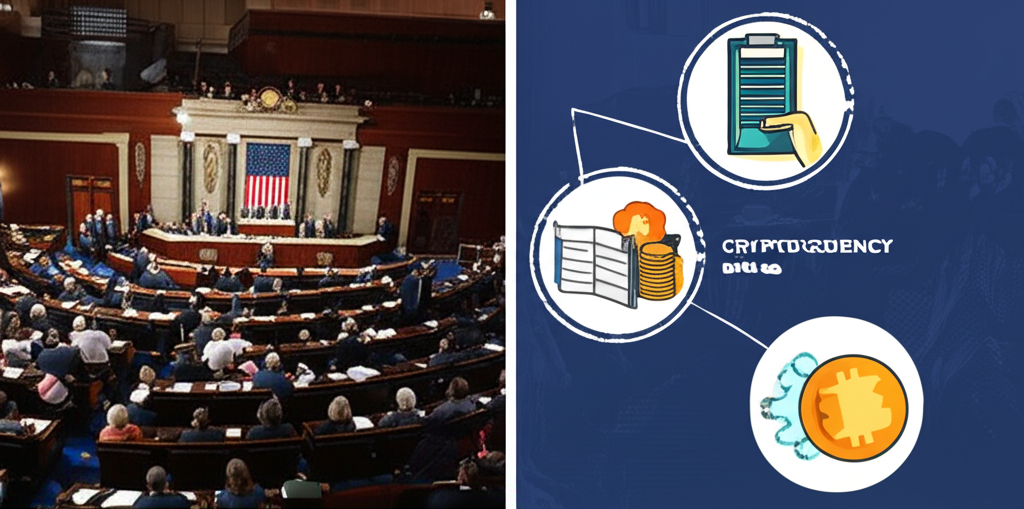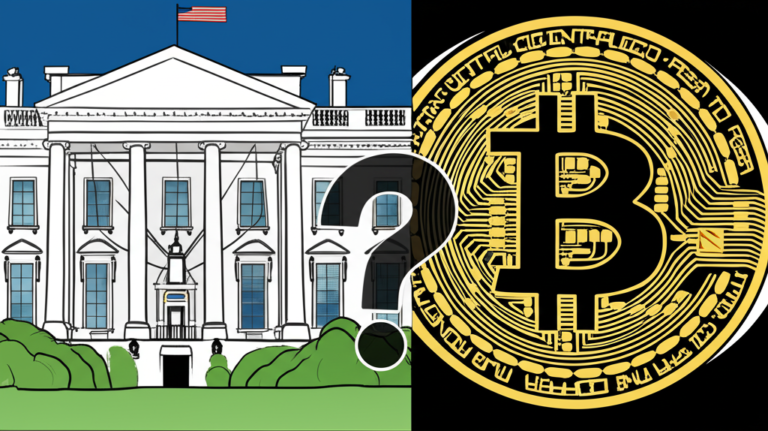Crypto Legislation Inches Forward After Epic House Floor Stalemate
The US House of Representatives finally cleared a significant hurdle in its efforts to regulate the cryptocurrency industry, passing three crypto-related bills after a dramatic nine-hour stalemate. The unprecedented delay, largely attributed to a group of Republican lawmakers, underscores the deep divisions and intense lobbying surrounding digital asset legislation in the US.
The Nine-Hour Battle: A Breakdown
The near-record-breaking procedural vote highlighted the deep-seated concerns within the House regarding the future of cryptocurrency and the potential role of a Central Bank Digital Currency (CBDC). A faction of Republicans successfully stalled the process for nine hours, demanding the inclusion of language explicitly banning a US CBDC. While the exact details of their proposed amendments remain unclear from initial reporting, their actions effectively held the entire legislative package hostage. This tactic speaks volumes about the powerful forces at play within the ongoing crypto regulatory debate. Many are speculating about the involvement of lobbying groups representing both pro- and anti-CBDC factions.
The prolonged debate is likely to have implications for future legislative efforts, with some political analysts suggesting it may signal a more difficult road ahead for comprehensive crypto legislation in the current political climate. The sheer length of the stalemate highlights the complexities and contentious nature of this evolving field.
The Bills That Passed (Initial Analysis)
While specifics of the three bills are still emerging, initial reports suggest they address various aspects of the cryptocurrency ecosystem. We can infer, based on previous legislative attempts and ongoing discussions within the House, that these bills likely focus on:
- Digital Asset Classification and Taxation: A core element of any successful crypto legislation involves establishing clear definitions and tax frameworks for various digital assets. This could involve clarifying the tax treatment of staking rewards, DeFi activities, and NFTs.
- Consumer Protection: Protecting consumers from fraud and scams in the crypto market is a priority. The bills might enhance regulatory oversight to prevent rug pulls, market manipulation, and other forms of illicit activity.
- Stablecoin Regulation: Stablecoins, pegged to fiat currencies, have drawn significant regulatory attention due to their potential systemic risks. This segment of the legislation might aim to improve transparency and oversight of these assets.

The CBDC Conundrum: A Looming Issue
The Republicans’ staunch opposition to a US CBDC, and their success in temporarily blocking the crypto bills, indicates that this issue remains a major sticking point in the debate. Their actions clearly demonstrate that any future crypto legislation will likely face significant opposition if it’s perceived as paving the way for a CBDC. The economic and political implications of a CBDC, such as its potential impact on monetary policy and privacy, are fueling this intense political discourse.
What Happens Next?
The passage of these bills, albeit after a significant delay, marks a notable step forward in the US’s efforts to create a regulatory framework for cryptocurrencies. However, the nine-hour stalemate served as a stark reminder of the challenges ahead, and the necessity for bipartisan collaboration to navigate the complexities of this rapidly evolving sector. The Senate now faces the task of reviewing and potentially amending these bills before they can become law. The process will likely face further scrutiny and debate, reflecting the high stakes involved in shaping the future of finance in the digital age.
Bullet Point Summary:
- Three crypto bills passed in the US House after a nine-hour Republican-led stalemate.
- The delay was largely driven by opposition to a potential US CBDC.
- The bills likely address taxation, consumer protection, and stablecoin regulation.
- The Senate will now review the legislation.
- The CBDC debate remains a major point of contention in crypto regulation.










